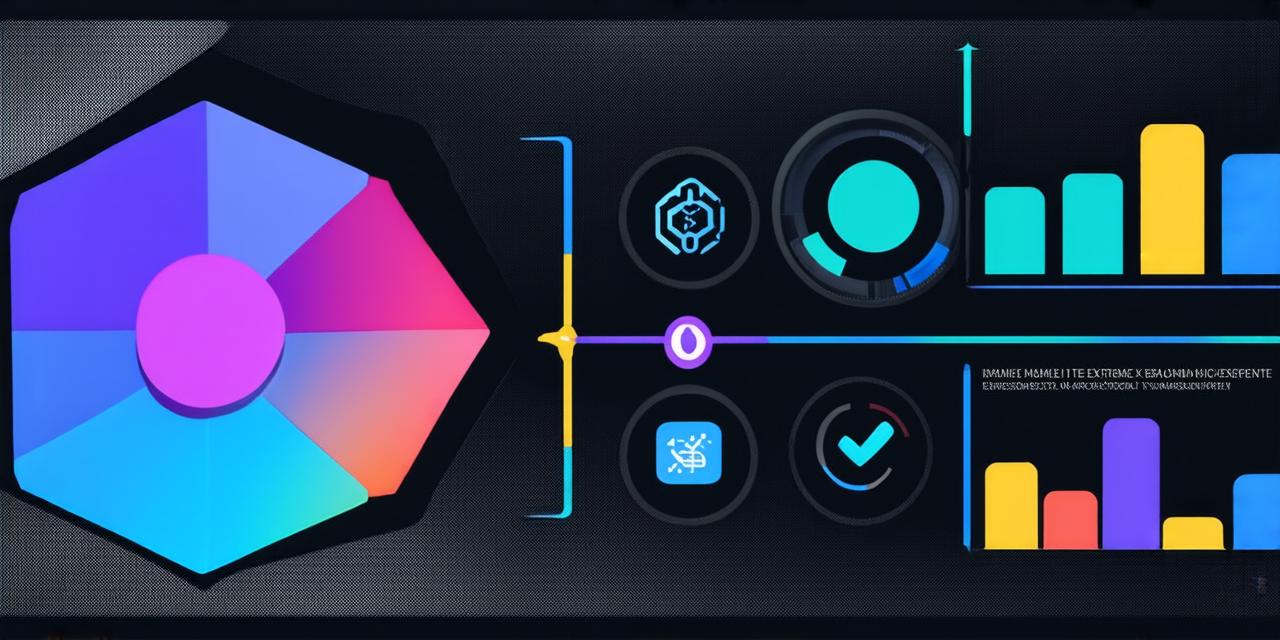Why is blockchain decentralized
Introduction:
Blockchain technology has been gaining significant attention over the past decade, as it provides a secure, transparent, and decentralized way to store and transfer data. One of the key features of blockchain is its decentralization, which means that there is no central authority controlling the network. This has several advantages, including increased security, privacy, and resilience. In this article, we will explore why blockchain is decentralized and the benefits that come with it.
Decentralization in Blockchain:
Blockchain is a distributed system that is managed by a network of computers rather than a central authority. This means that each computer on the network has a copy of the entire database, and all decisions are made through consensus rather than a centralized authority.
The decentralization of blockchain has several advantages. Firstly, it increases security, as there is no single point of failure. If one node on the network is compromised or goes offline, the others can continue to function without interruption. This makes it much harder for hackers to compromise the network, as they would need to attack multiple nodes simultaneously.
Secondly, decentralization improves privacy, as each user has control over their own data. Rather than relying on a central authority to protect their data, users can use encryption and other security measures to keep their information private. This also means that there is no single entity that can access or misuse the data, which increases trust and privacy.
Finally, decentralization makes blockchain more resilient, as it allows the network to continue functioning even in the event of a system failure or natural disaster. If one node goes offline, the others can continue to function without interruption, which means that the network can quickly recover from any disruptions.
Real-Life Examples of Decentralized Blockchain Systems:
There are many examples of decentralized blockchain systems in use today. One of the most well-known is Bitcoin, a cryptocurrency that uses blockchain technology to securely and transparently transfer money between users. Bitcoin is decentralized, meaning that there is no central authority controlling the network. Instead, transactions are validated by a network of computers, and all decisions are made through consensus.
Another example of a decentralized blockchain system is Ethereum, a platform for building decentralized applications (dApps). Ethereum is also decentralized, meaning that there is no central authority controlling the network. Instead, transactions are validated by a network of computers, and all decisions are made through consensus.
Benefits of Decentralization in Blockchain:
Decentralization has several advantages for blockchain technology. Firstly, it increases security, as there is no single point of failure. This makes it much harder for hackers to compromise the network, as they would need to attack multiple nodes simultaneously.
Secondly, decentralization improves privacy, as each user has control over their own data. Rather than relying on a central authority to protect their data, users can use encryption and other security measures to keep their information private. This also means that there is no single entity that can access or misuse the data, which increases trust and privacy.
Finally, decentralization makes blockchain more resilient, as it allows the network to continue functioning even in the event of a system failure or natural disaster. If one node goes offline, the others can continue to function without interruption, which means that the network can quickly recover from any disruptions.

FAQs:
What is decentralization in blockchain?
Decentralization in blockchain refers to the fact that there is no central authority controlling the network. Instead, each computer on the network has a copy of the entire database, and all decisions are made through consensus rather than a centralized authority.
Why is decentralization important in blockchain?
Decentralization has several advantages, including increased security, privacy, and resilience. It also means that there is no single entity that can access or misuse the data, which increases trust and privacy.
What are some examples of decentralized blockchain systems?
Some examples of decentralized blockchain systems include Bitcoin, a cryptocurrency that uses blockchain technology to securely and transparently transfer money between users, and Ethereum, a platform for building decentralized applications (dApps).
Conclusion:
In conclusion, blockchain is decentralized for several reasons, including increased security, privacy, and resilience. Decentralization means that there is no central authority controlling the network, but instead each computer on the network has a copy of the entire database, and all decisions are made through consensus. This has several advantages, including increased security, privacy, and resilience, and makes blockchain technology an attractive option for many different applications. As blockchain continues to evolve and mature, we can expect to see more decentralized systems emerge, further enhancing the benefits of this powerful technology.



